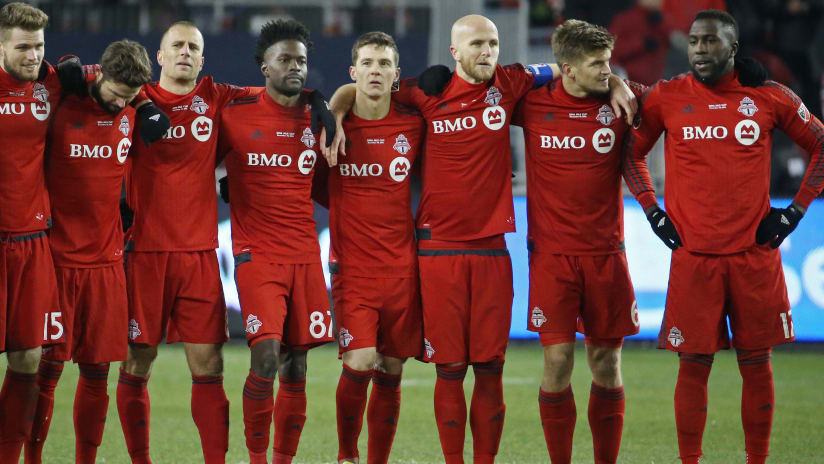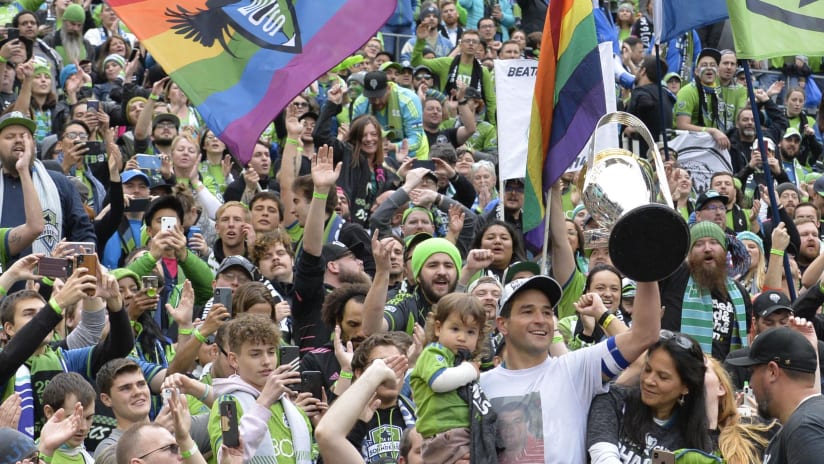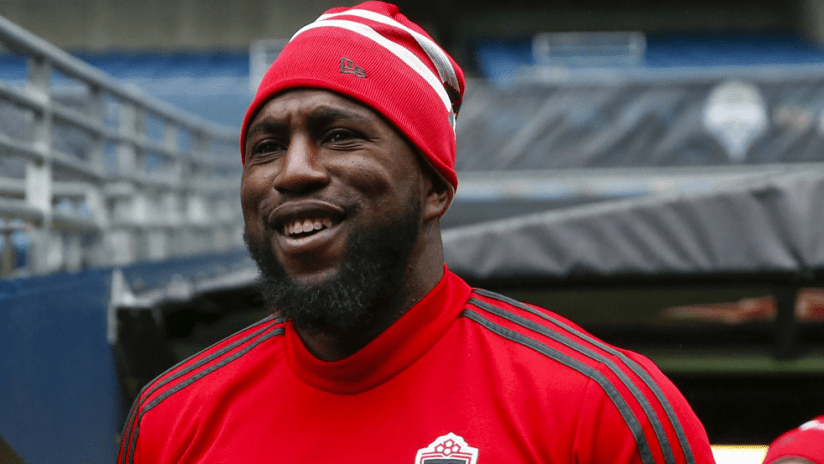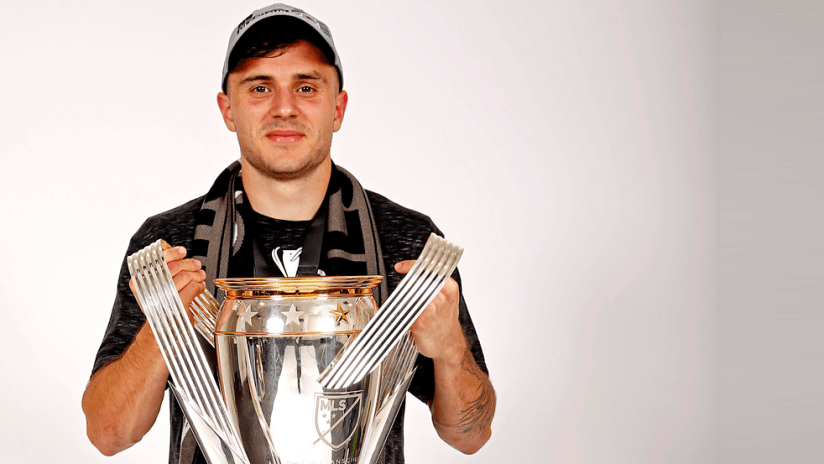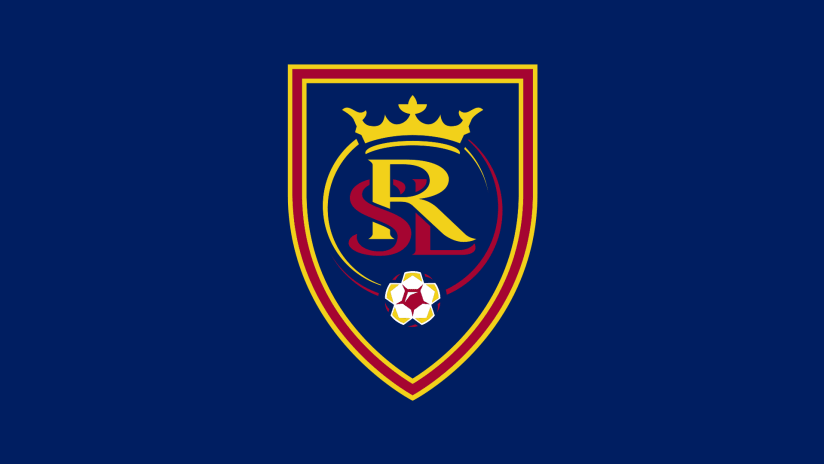TORONTO — No two teams are ever really the same.
As Toronto FC prepare for a third MLS Cup final in four seasons, it is natural to compare and contrast the groups that reached the 2016, 2017 and 2019 finals.
“There are differences in the personnel, obviously,” said Toronto coach Greg Vanney, referring to both players and how the team plays. “Now we have wingers; we haven’t played three in the back, used it just sparingly this year.”
Alejandro Pozuelo, Nick DeLeon, Richie Laryea, Nicolas Benezet, Laurent Ciman and goalkeeper Quentin Westberg are all new faces that have all played key roles in the Audi 2019 MLS Cup Playoffs, making that abundantly clear.
But a certain "mentality remains, defender Justin Morrow explained.
“On the field and off the field, we have a pretty tight-knit group here, everybody gets along with each other.," he said. "That goes a long way to determining results on the field.”
Vanney draws the strongest comparison between the 2016 run and this current one.
“We decided that how we defend is going to be a really important factor in our ability to push through the playoffs in 2016," he said. "We were still coming up with that final identity and went in the playoffs with this idea that, given who we were going to play, we were going to be disrupters for the opposition’s possession and by disrupting them we would then have the ball and create opportunities.”
TFC finished third in the Eastern Conference that season and worked their way through the Philadelphia Union, New York City FC, and the Montreal Impact en route to the final against the Seattle Sounders, where Vanney's men came up agonizingly short in a penalty shootout.
That strategy has been part of this year’s progression as well, starting with a 5-1 extra-time win over D.C. United, followed by away triumphs at NYCFC and Atlanta United.
“D.C. we knew we were going to have the ball, when we went to the small field at New York City we felt like, ‘Let’s be disrupters,’” said Vanney. “They’re a team that want to have the ball, let’s make it difficult for them and create a little bit of chaos. From the chaos we transition and play forward.”
Both TFC goals at Citi Field came from NYCFC defensive miscues. Then in Atlanta, the Reds locked it down defensively after an early shock and patiently waited for the chance to find the winner.
“In Atlanta, there was always a question of how much ball could we get off them because both of us wanted [it],” Vanney said. “As the game went on we had to adapt, which is an important facet of this group as well as 2016.”
The 2017 team won a treble of MLS Cup, the Supporters’ Shield, and the Canadian Championship and reached the final of the Concacaf Champions League a few months later.
“In 2017 we were pretty dominant,” contrasted Vanney. “We knew what we were going to do and how we were going to go about it.”
But even in that playoff run, one that saw them beat the New York Red Bulls and Columbus Crew SC before exacting their revenge from Seattle, the ability to change with the circumstances was evident. Vanney pointed to the Red Bulls series in particular.
“We knew they didn’t want to have the ball and wanted to press, so we gave them the ball knowing that wasn’t their comfort zone,” he said.
Come the final, Vanney diverted away from the 3-5-2 that had been their way for most of the year to a 4-4-2 diamond which completely overran the Sounders in the 2017 MLS Cup.
It was just another case of doing what the situation required. And it's a traid Vanney believes has surfaced again now.
“Our ability to adapt, to find different ways to win games, has played a big role in this postseason,” he said.

